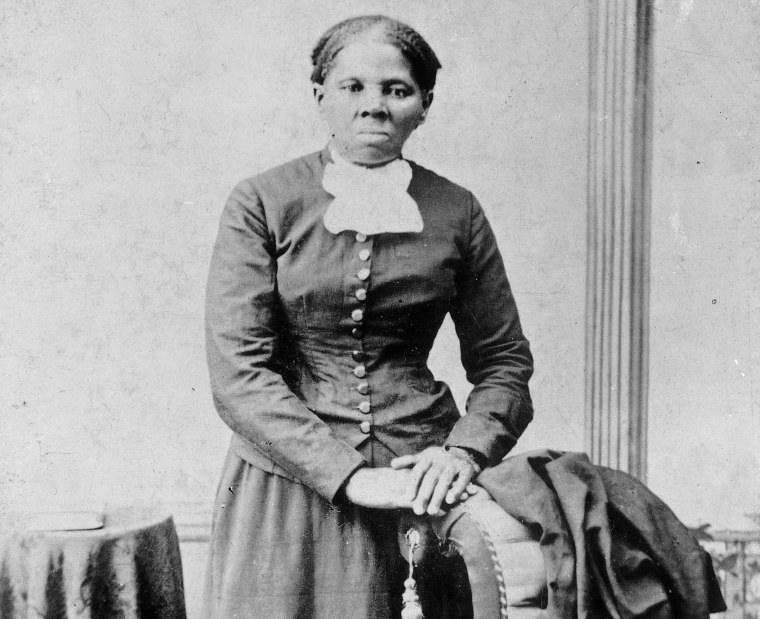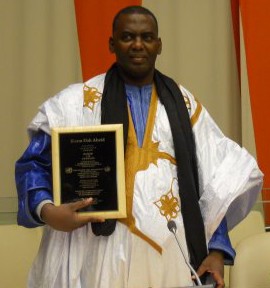Biram Dah Abeid | 100 Most Reputable Africans 2018 (Tamuka-Sankofa) English-Français : BDA parmi les 100 africains les plus réputés en 2018
Biram Dah Abeid | 100 Most Reputable Africans 2018

Aptly described as the Mauritanian Nelson Mandela for his humanitarian efforts, non-violent approach and call for reconciliation, Biram Dah Abeid is a Mauritanian politician and advocate for the abolition of slavery who is listed on the TIME 100 most influential people of 2017 and also listed as one of “10 People Who Changed the World You Might Not Have Heard Of” by PeaceLinkLive in 2014. He was also the recipient of the 2013 United Nations Human Rights Prize for his advocacy campaign to eradicate slavery in Mauritania.
Here is why he is one of the 100 Most Reputable Africans.
(Voir la traduction en français après l’article en anglais)
Time to end Arab racism in North Africa
According to Biram Dah Abeid, slavery in the Sahel region (between North Africa and sub-Saharan Africa) “is the most prevalent and most extreme expression of Arab racism in North Africa…and its time to consign it to the past”. This appears to have started with the arrival of Arab Moors into the Sahel region in the 14th century and since then their lifestyle has been closely connected to slavery. Since the 14th century, the original African inhabitants of the Sahel have been driven further down south or subjected to slavery with inferior work done by them. As we all know slavery of this nature is rooted in racism whereby one race assumes superiority. Now from what I understand from Biram Dah Abeid, the Arab-Berber elite are eager to maintain this tradition and the privileges that come with it. There are some traditions worth holding onto, this is not one of them and it should be consigned to the past. Simple.
21st century Harriet Tubman
If you don’t who Harriet Tubman was, quick history lesson – she was an American abolitionist and political activist who was born into slavery, escaped and subsequently rescued over seventy enslaved people, family and friends. Mr Abeid’s father himself was a slave who got his freedom but unfortunately his wife, Biram’s mother, was never granted freedom by their master. Wait. Let that sink in for a minute. In 1965 children were born into slavery in Africa. Today in 2018 children are still born into slavery in Africa. Wow. Anyway, when I came across the work of his organisation, I.R.A-Mauritania, it reminded of Harriet Tubman and her work. I.R.A-Mauritania has rescued, freed and fought for the emancipation of hundreds of Afro-Mauritian slaves putting his and his supporters freedom and life in jeopardy. Biram Dah Abeid himself has been arrested several times and several of his fellow activists and supporters are still incarcerated for their efforts to see fellow Afro-Mauritanians given “give us free!”
The slow pace of change
Currently, conservative estimates from I.R.A Mauritania suggest that 20% of the population still live in slavery by descent, even though the practice was abolished from the constitution in 1981 (Mauritania was the last country in the world to abolish slavery) and even criminalised in 2007. But what has changed? Not much. Yes African governments do adopt regulations, statutes and laws, which on paper, protect and support people from slavery, domestic violence, discrimination etc but as you and I know, this rarely manifests into real life change for the victims. That is unless of course individuals like Mr Abeid step in and call our governments to account. Without these type of men and women, the pace of change is slower than pond water and its clear to see why he is one of Reputation Polls 100 Most Reputable Africans.
I haven’t found Biram Dah Abeid on Social but you can follow and stay up to date with I.R.A-Mauritania on Facebook here.
source : https://tamukasankofa.com/2018/07/04/biram-dah-abeid/
Traduction :
Biram Dah Abeid parmi les 100 personnalités africaines les plus réputées 2018



